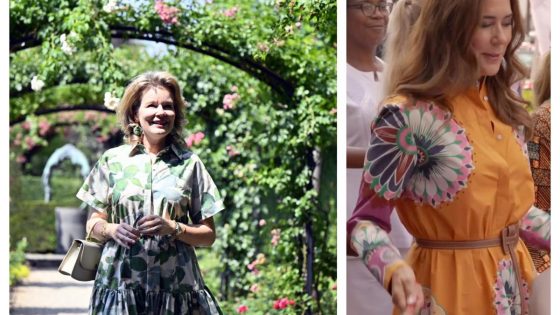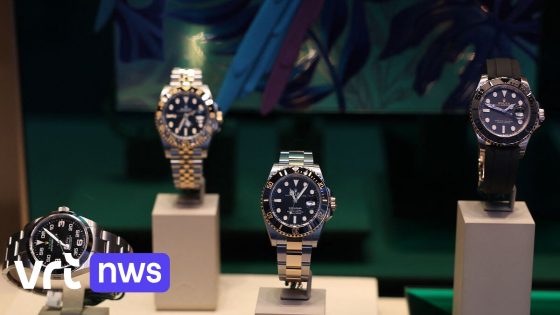In a significant development in Karen Read’s murder retrial, the judge has declined to answer a fourth jury question, labeling it as “theoretical.” This decision came shortly after the court addressed three other inquiries regarding evidence and verdicts on June 17, 2025.
- Judge declines to answer jury's theoretical question.
- Fourth question about hung jury deemed premature.
- Read's attorney urges for jury clarity.
- Previous mistrial due to hung jury noted.
- Prosecution claims jaded love motive for murder.
- Defense alleges police conspiracy against Read.
The jury’s question revolved around the implications of a partial verdict, asking if a not-guilty finding on two charges would still result in a hung jury on the remaining charge. Judge Cannone emphasized that jurors should focus solely on the evidence presented, not the potential consequences of their decisions.
Read’s attorney expressed concern that this lack of clarity might lead to a situation similar to last year’s mistrial, where jurors indicated they unanimously found her not guilty of the most serious charge. As the trial progresses, the stakes remain high for both the prosecution and defense.
This situation raises an important question: how will the jury’s understanding of their role impact the trial’s outcome? The complexity of the case has led to various interpretations of the evidence, which could influence juror decisions. Key points include:
- The jury’s focus should remain on the evidence, not the verdict’s consequences.
- Last year’s mistrial highlights the challenges faced in this retrial.
- Read’s defense claims a conspiracy among law enforcement, complicating the narrative.
As the retrial unfolds, observers will be keen to see how these developments affect the jury’s deliberations and the final verdict. Stay tuned for updates on this high-profile case.





























